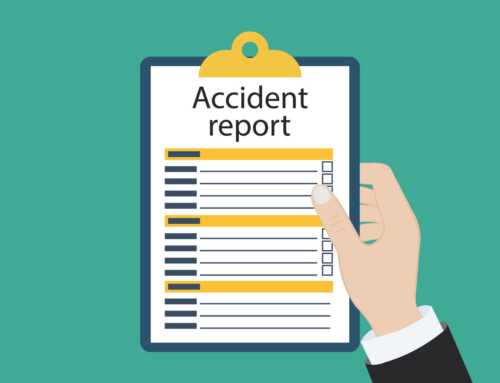If you’re not already back to work in your cubicle, you’re probably getting close to that return to the workplace. This year has seen an ongoing stream of important information coming out from the Department of Labor and the CDC. As vaccines have become broadly available, the workplace guidelines are a bit of a moving target. We’ve highlighted and summarized these relevant issues for you in our blog post. But we’ll leave the fine details to OSHA and the CDC – so click through on the additional links provided to go deeper into each topic.
Employers are Critical to Increasing Vaccination Rates
Vaccinations have become widely available, but vaccination rates are declining. Without more people getting vaccinations, herd immunity will not occur, COVID-19 will keep circulating, leaving workplaces and employees vulnerable and unsafe.
Can an Employee Refuse to Get a COVID-19 Vaccine?
Mandating vaccines has benefits for employees and the workplace, but be very careful about collecting medical information on employees. Employers wanting to require workers to be vaccinated against COVID-19 should be prepared to respond to workers’ concerns and make reasonable accommodations under federal and state law.
Can an employer fire an employee who’s scared to return to the office?
The answer is….maybe. There are many factors for an employer to carefully consider in this situation. Does the employee have an underlying medical condition or are they just scared of the virus? Do they feel your company isn’t implementing protective measures that make them feel safe.
When is COVID-19 a recordable illness in the workplace for your OSHA 300A?
OSHA recordkeeping requirements mandate covered employers record certain work-related injuries and illnesses on their OSHA 300 log (29 CFR Part 1904).
COVID-19 can be a recordable illness if a worker is infected as a result of performing their work-related duties. However, employers are only responsible for recording cases of COVID-19 if all of the following are true:
- The case is a confirmed case of COVID-19 (see CDC information on persons under investigation and presumptive positive and laboratory-confirmed cases of COVID-19);
- The case is work-related (as defined by 29 CFR 1904.5); and
- The case involves one or more of the general recording criteria set forth in 29 CFR 1904.7 (e.g., medical treatment beyond first aid, days away from work).
Visit OSHA’s main page to review more information about current injury and illness reporting and requirements. https://www.osha.gov/recordkeeping/
See OSHA’s Coronavirus standards page for a detailed breakdown on the specifics of this new standard.
Do you need help preparing your company return to work in person – including employer/employee COVID-19 policies, COVID-19 recordkeeping rules, workplace safety audits – contact Thrival Company, we’d love to help.









